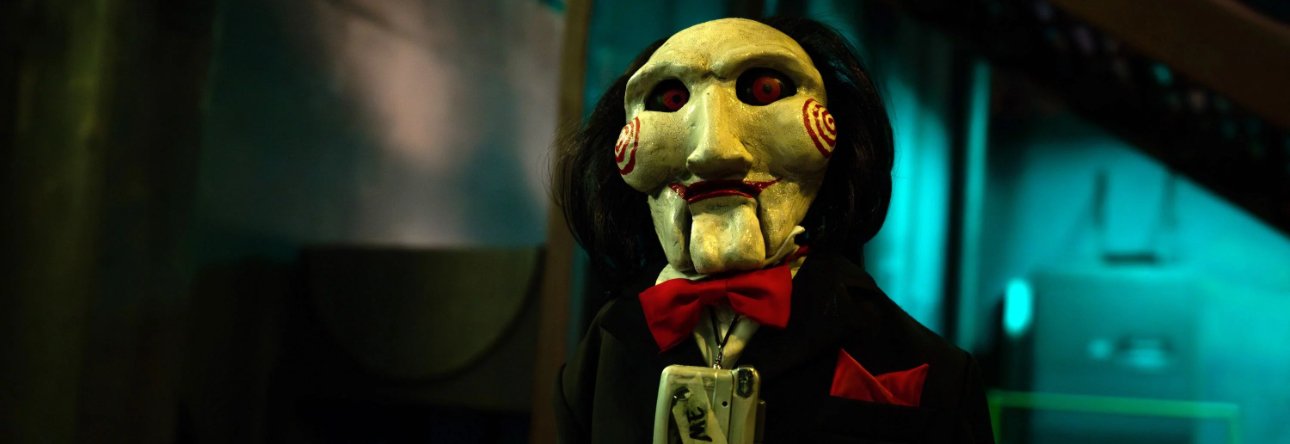Music competition shows have been a TV mainstay in America ever since the Brits imported “American Idol” in the early-2000s, which in turn kickstarted a slew of copycats, including NBC’s incredibly popular “The Voice.” Eventually, movies based on the competitive nature of these shows (“American Dreamz” and “Pitch Perfect“) were made, creating a genre which, when successful, can be a biting satire of our culture’s obsession with fame.
Director Max Minghella (aka Nick the driver in “The Handmaid’s Tale“) directs “Teen Spirit,” a film that takes place in the world of British pop music competitions. There is visual panache, and a simplicity that makes it go down easy, but that’s the problem. Despite the debut director’s impressive skill, there’s a conventionality to the script that does a major disservice to both Minghella’s craft and a worthy lead performance from Elle Fanning.
Fanning plays Violet, a shy teenager that dreams of becoming a pop star by entering the British singing competition show known as Teen Spirit. Her mom (Agnieszka Grochowska), a working-class Polish immigrant, doesn’t want her daughter to participate, especially since she has to rely on Violet to help out around their working-class home, located in Isle of Wight, a remote town known more for its drinking culture and abandoned stores than anything remotely connected to pop idols.
Violet attends open-mic nights at a none-too-busy local bar every week, where she catches the attention of Vlad (a hilarious, scene-stealing Zlatko Buric). Vlad is a once-celebrated opera singer but now a schlub that sees great potential in Violet and offers to become her manager. Looking weary and beaten up by life, Vlad drinks his sorrows away but finally finds purpose in managing Violet. Vlad believes that if he can make her a better singer, thanks to his operatic background, then she can him out of his recent slump.
Minghella surely knew that what he had here was a familiar story, but despite his gritty and admirable direction it fails to break the traditional formula. Minghella’s cinematographer here is the talented Autumn Durald Arkapaw, whose overtly lavish visuals, combined with Cam McLauchlin‘s frenetic editing gives the film’s musical sequences an ADD-driven music video feel.
Violet and Vlad make a loveable surrogate father-daughter team whose camaraderie can be touching, but that’s about all that works in “Teen Spirit.” Setting his story in the world of pop music should have had Minghella amped upped to shoot darts at the industry, but instead, he seems to be embracing the notion that these kinds of TV show phenomenon are needed in our culture. The satirical edge that appeared in a film such as “Pitch Perfect” could have helped make this movie a little edgier and without the flat feel that takes over the film. [C]





